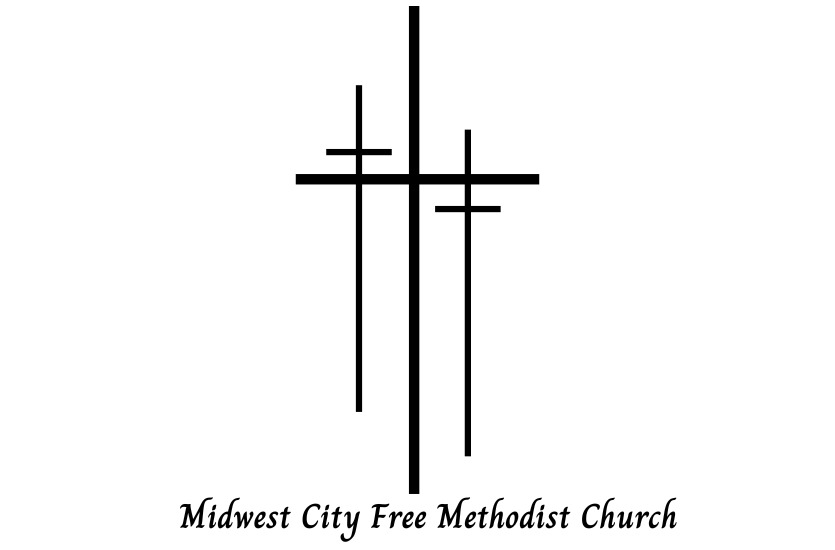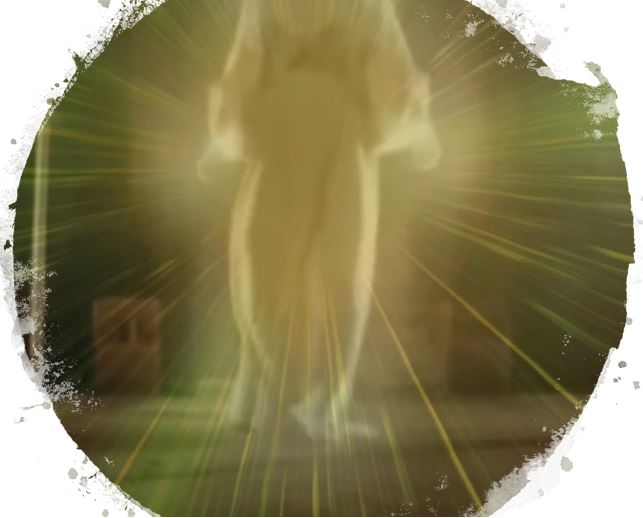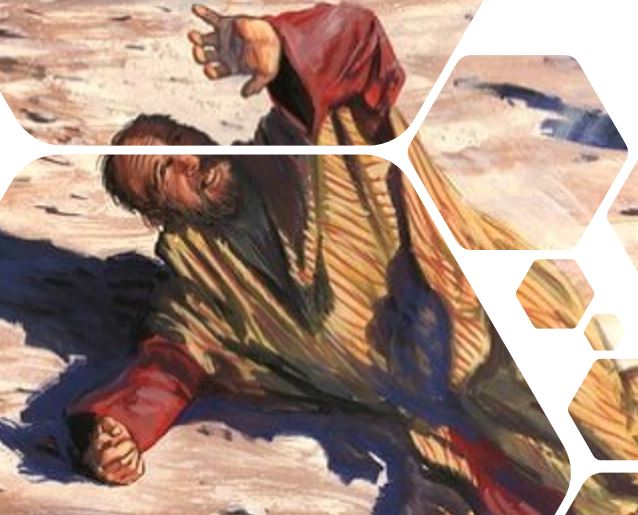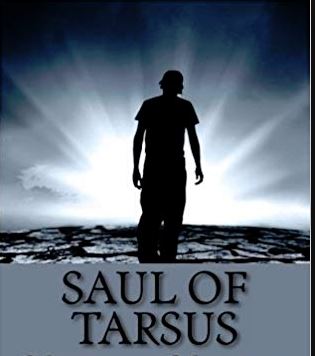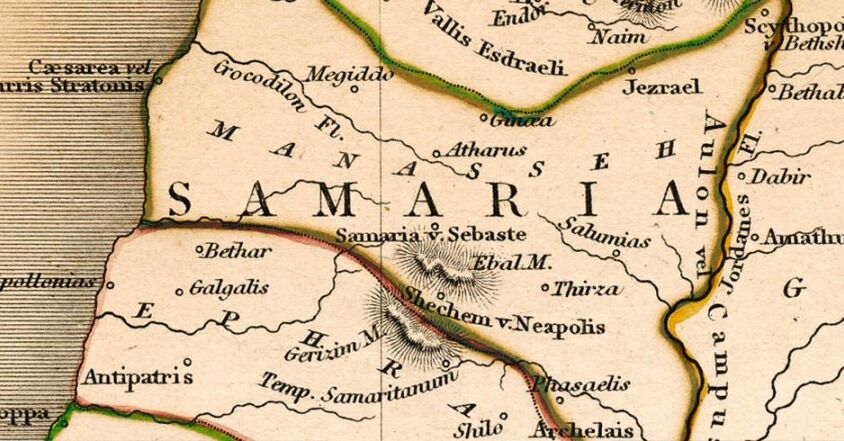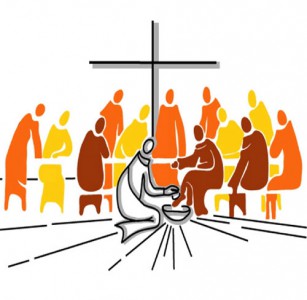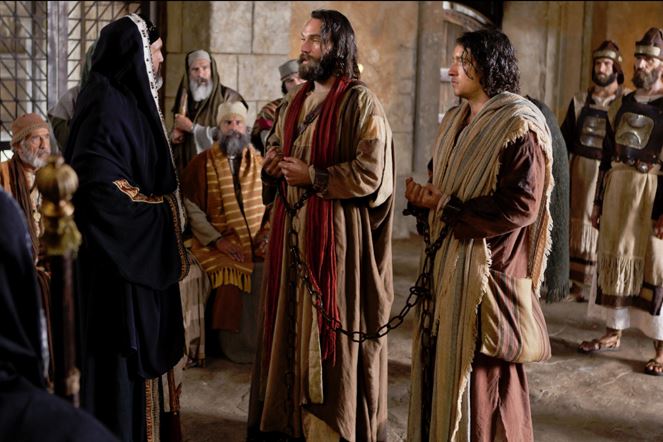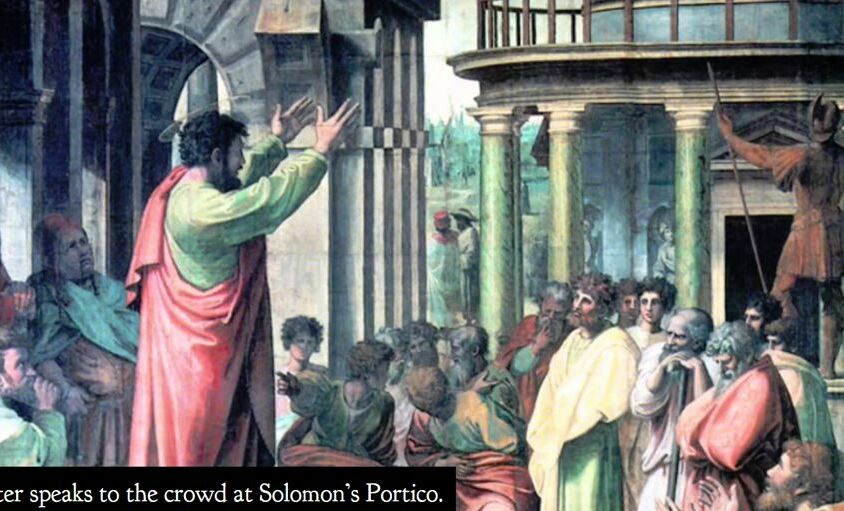The Book of Acts
On the Jewish holiday of Shavuot (“Weeks”), known by the Greek name “Pentecost” (being the 50th day or 7 weeks after Passover), something wild happened. There was wind, there was fire, there were all sorts of languages spoken that had not been learned. The Spirit made a formal (and memorable) entrance into Church history.
We emphasize the still, small voice by which God speaks to people. But He is not limited to that. His voice hit Paul like a flaming tornado. God can rearrange the molecules of any circumstance in order to get someone’s attention. He did not beg Saul to believe in Him, nor ask if Saul was willing to “accept” Him. He told Saul who He was & who Saul was now to become.
The conversion of Saul is famous. It was a dramatic event. But what does it teach us about conversion itself? Most Christian conversion stories are not like this one, though some are. We must look at the words the Bible uses to describe both the one-time event and the ongoing process that we refer to as “conversion.”
Before he became a pioneer in missions, theology, apologetics, and ultimately martyrdom, the man known by his Roman name Paul was known by his Jewish name Saul, and as such he established a pattern of persecuting the Church that can be seen throughout the long history of Christianity.
Saul of Tarsus appears in Acts 7, an interesting and terrifying figure for the early Christians. He would become one of the most significant people in world history. Who was he?
Rev. Jim Gillis shares a message about the mob execution of Stephen in Acts 8.
A history of mutual distrust & dislike existed between Jews & the half-blood Samaritans. It went back a ways & was often nasty. So what does it mean that Philip headed straight into their territory with the Christian message?
In the earliest church a complain arose, calling for more leadership. The word for “deacon,” which has a broad meaning, was used both for the ministry “of the Word” that the apostles performed, as well as the oversight and distribution of help for widows. It is a very early lesson about leadership and ministry in the Church.
The immediate hostility toward the early Church leads them to quote the psalmist in asking “Why do the nations (peoples) rage?” What is the right response to the rage of humanity?
For speaking in public a the temple, Peter & John are arrested & hauled to jail. When given the chance to speak to all of the leading authorities, Peter says some things that teach all Christians important truths about when it is justified or even required to disobey certain laws.
After an amazing healing draws a crowd near the temple, Peter lets loose with a spontaneous, open-air sermon to his fellow Jews. We can learn a lot from what we read in those words.
In Acts 2 we are given a description of the first church, and it has been an almost unrealistic inspiration for Christians ever since. What do we learn about (and from) this glowing and beautiful portrait of the first Christian community?
